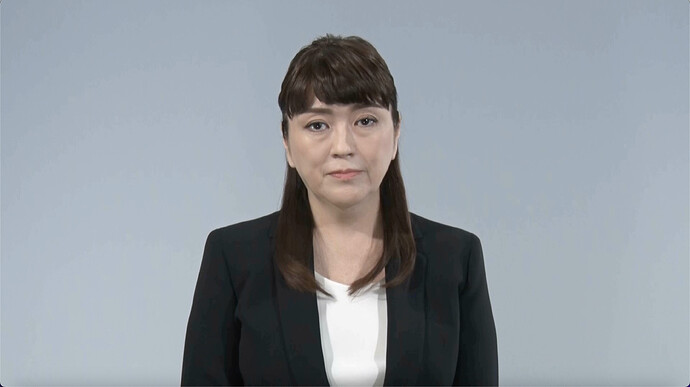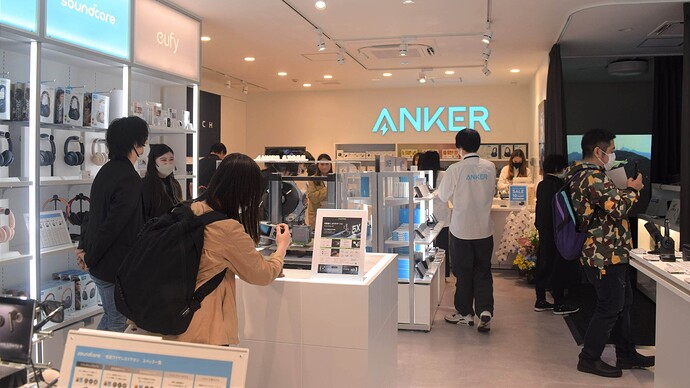Tokyo, also known as the ‘Eastern Capital’ or ‘Edo’, is the capital city of Japan and one of the most populous cities in the world, with an estimated population of over 13 million people as of 2021. Tokyo is situated on the eastern coast of Honshu, the largest island of Japan. Tokyo is the political and economic center of Japan, and it is considered one of the most important global cities. Tokyo has a rich and unique culture, advanced infrastructure, and a modern lifestyle that attracts millions of visitors each year.
History
Tokyo’s history dates back to the 12th century when the city was called Edo. The city’s original settlement was a small fishing village that grew into a castle town during the 16th century. In 1603, the city became the capital of the Tokugawa Shogunate, which ruled Japan until 1868. During this period, Edo developed into the largest city in Japan and one of the largest cities in the world.
In 1868, the Meiji Restoration marked the end of the Shogunate’s rule and the birth of modern Japan. The Emperor moved to Edo, which was renamed Tokyo or ‘Eastern Capital.’ During the 20th century, Tokyo grew rapidly in size and economic and cultural significance to become one of the world’s largest and most prosperous cities. Tokyo experienced significant destruction during World War II, including the bombing of the city and the horrific loss of life from the atomic bombings of Hiroshima and Nagasaki. However, the city recovered quickly and became a symbol of Japan’s resilience and determination to rebuild and prosper.
Geography
Tokyo is located on the eastern coast of Honshu, the largest island of Japan. Tokyo is situated in the Kanto region of Japan and is bordered by Chiba Prefecture to the east, Yamanashi Prefecture to the west, Kanagawa Prefecture to the south, and Saitama Prefecture to the north.
Tokyo is divided into 23 special wards or municipalities, each with its own government. The special wards were created in 1947 and were designed to replace the outdated city structure of Edo. The special wards are further divided into more than 40 ‘ku’ or districts.
Climate
Tokyo has a humid subtropical climate, with hot and humid summers and mild winters. The temperature in Tokyo can reach up to 30 degrees Celsius during the summer months of June to August. The winter months from December to February are generally mild, with temperatures ranging around 5 degrees Celsius.
Economy
Tokyo has a highly developed economy and is considered one of the world’s most important financial centers. Tokyo’s economy is dominated by the service sector, with financial services, technology, tourism, and retail being its main drivers. Tokyo is home to the Tokyo Stock Exchange, the world’s third-largest stock exchange by market capitalization.
Industry
Tokyo is one of Japan’s leading industrial centers. The city’s manufacturing industries range from electronics, automotive, food processing, printing, and publishing. Tokyo is also home to a thriving fashion industry, with its unique style, known today as ‘Tokyo street fashion.’
Culture
Tokyo has a unique culture that draws from both traditional Japanese culture and modern influences. Tokyo’s culture is reflected in its architecture, food, fashion, arts, and entertainment. Tokyo is famous for its neon-lit streets, traditional temples, and shrines, sumptuous food, museums, karaoke bars, and nightclubs.
Food
Tokyo is a food lover’s paradise, offering some of the best cuisines in the world. Tokyo’s food culture ranges from traditional Japanese cuisine, such as sushi, tempura, and ramen, to Western-style dishes and fusion cuisine. Street food stalls, cafes, and Michelin-starred restaurants are abundant.
Art
Tokyo’s art scene is a lively mix of traditional Japanese art, contemporary art, and avant-garde. Tokyo is home to world-class galleries, museums, and art events such as the Tokyo National Museum, the Mori Art Museum, and Tokyo Art Week.
Entertainment
Tokyo is renowned for its varied entertainment scene. Tokyo has everything from live music venues, theaters, cinemas, theme parks, and nightclubs. Tokyo’s nightlife is particularly famous, featuring everything from karaoke bars to robot cafes.
Transport
Tokyo has one of the most extensive and efficient transportation systems in the world. Tokyo’s transportation network is a combination of train, subway, bus, and taxi services. Tokyo’s trains and subways are considered the backbone of the city’s transportation system, connecting all parts of the city.
Conclusion
In conclusion, Tokyo is a modern metropolis that blends traditional Japanese culture with modern influences. Tokyo is a city of contrasts, where you will find ancient shrines and temples amidst neon-lit skyscrapers; quiet streets lined with cherry blossom trees and bustling shopping districts that are open 24/7. Tokyo is a city that will enchant you with its diversity, culture, and rich history, and it is a must-visit destination for anyone traveling to Japan.
Disclaimer
6do Encyclopedia represents the inaugural AI-driven knowledge repository, and we cordially invite all community users to collaborate and contribute to the enhancement of its accuracy and completeness.
Should you identify any inaccuracies or discrepancies, we respectfully request that you promptly bring these to our attention. Furthermore, you are encouraged to engage in dialogue with the 6do AI chatbot for clarifications.
Please be advised that when utilizing the resources provided by 6do Encyclopedia, users must exercise due care and diligence with respect to the information contained therein. We expressly disclaim any and all legal liabilities arising from the use of such content.

















